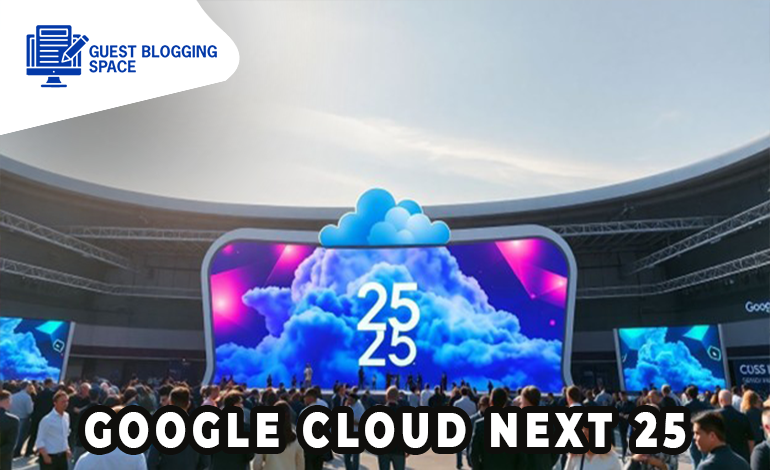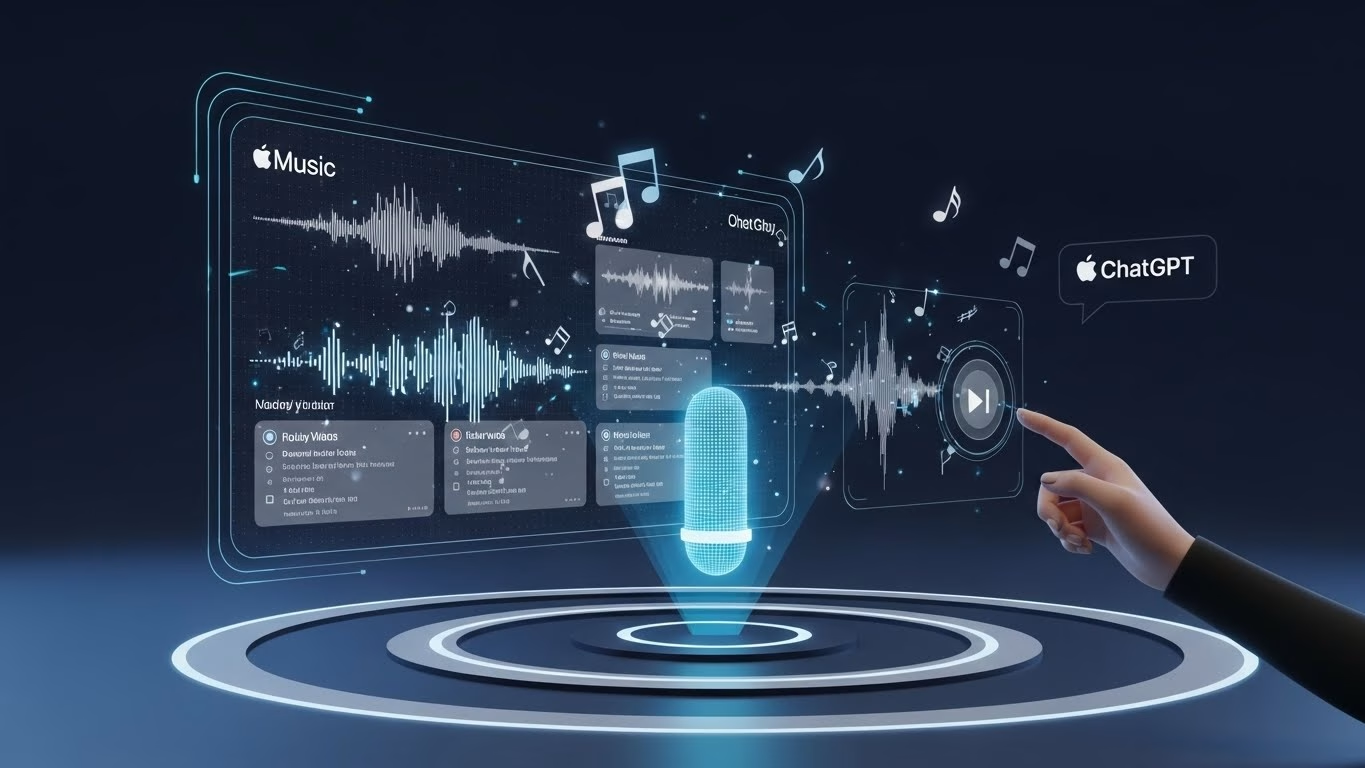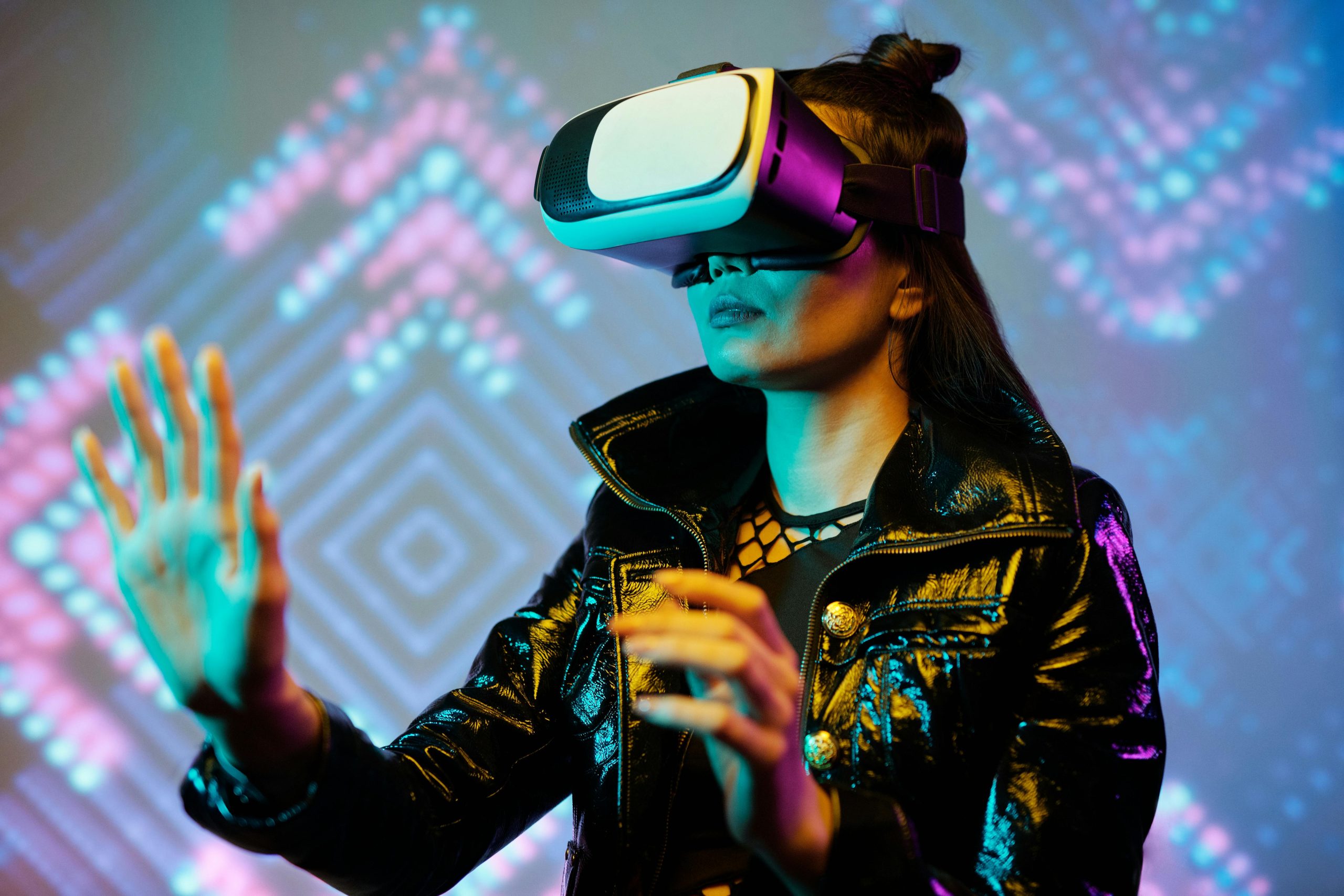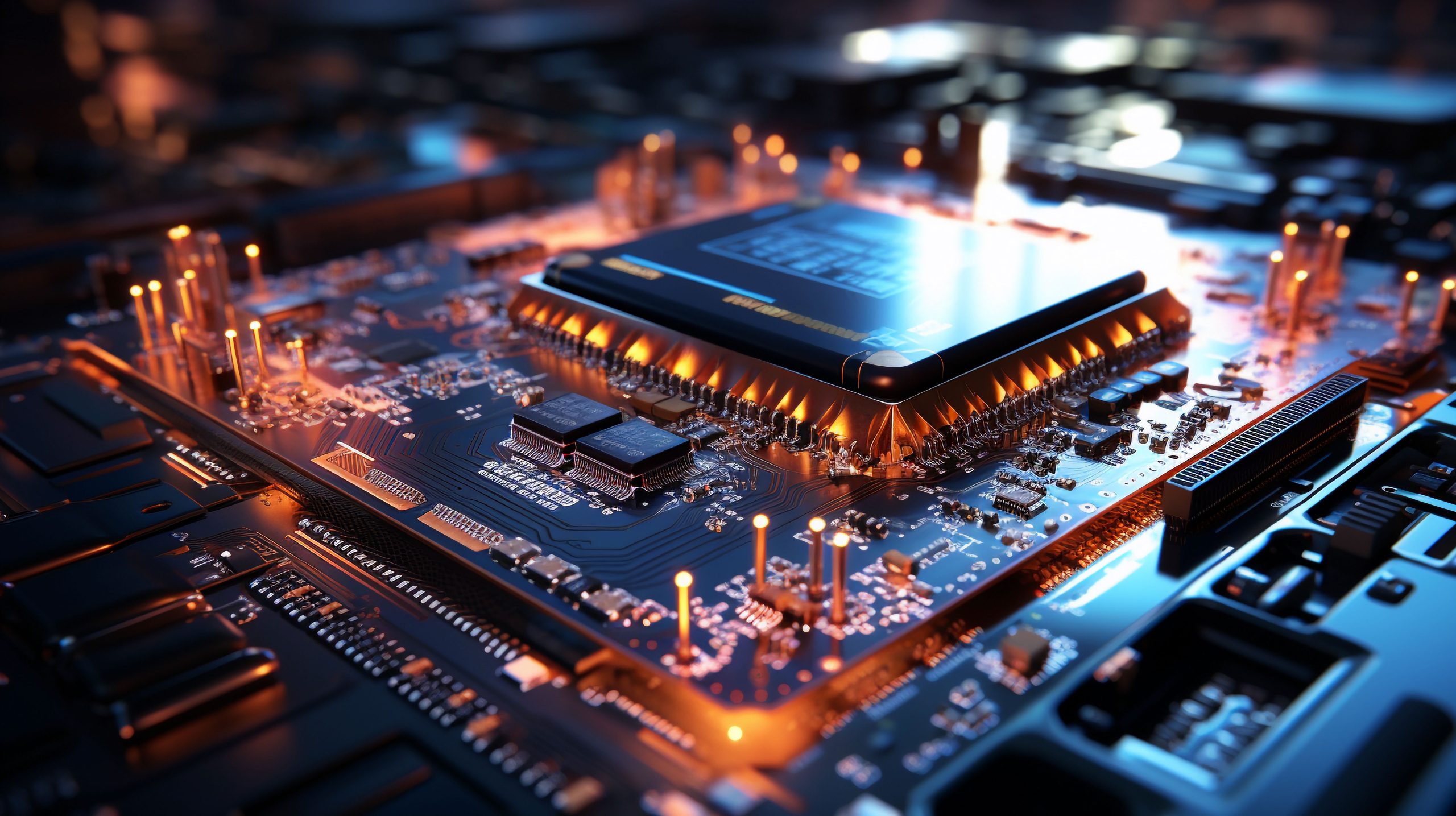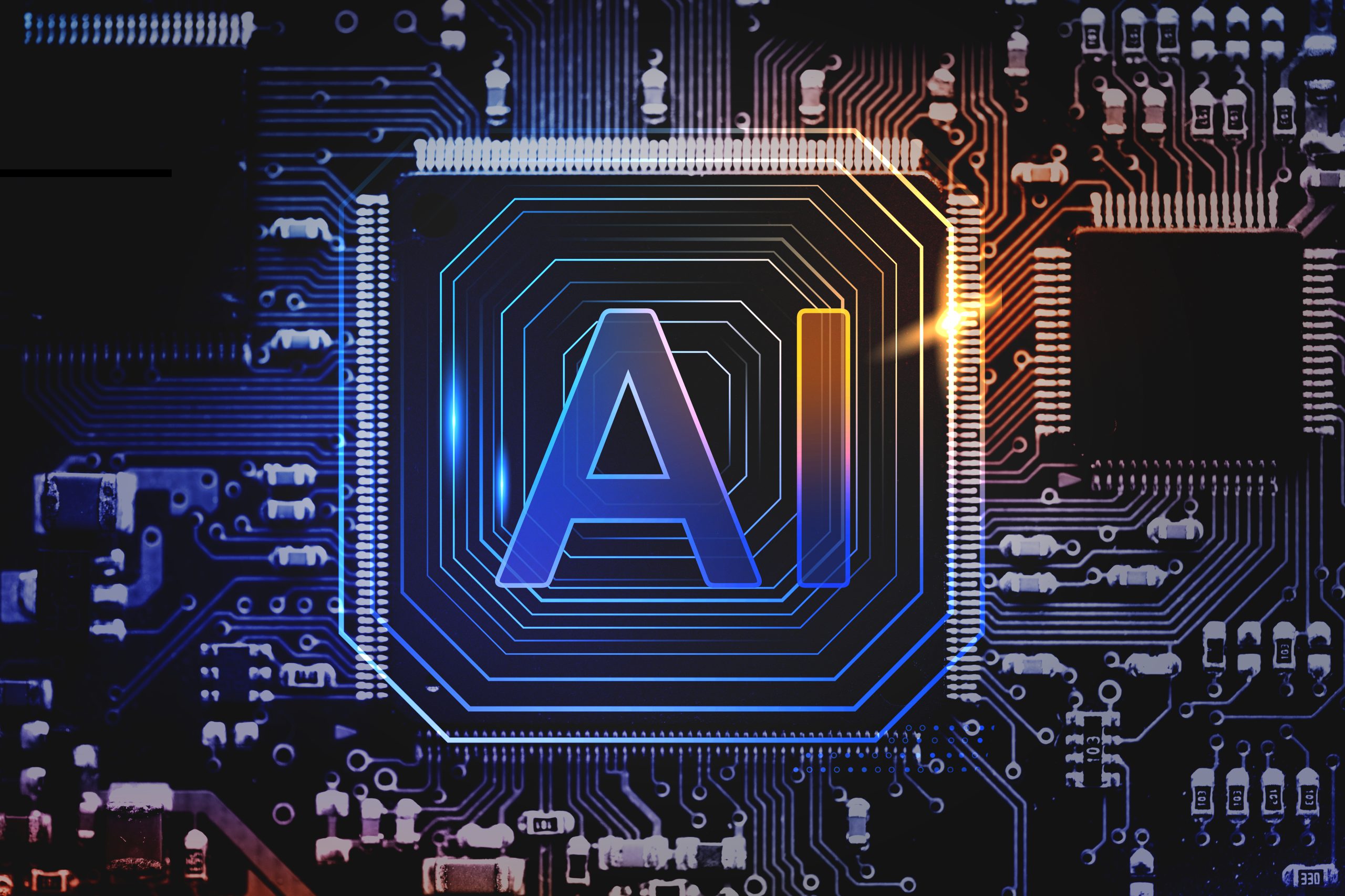Top 7 Emerging Technologies in 2025 That Will Transform the Future
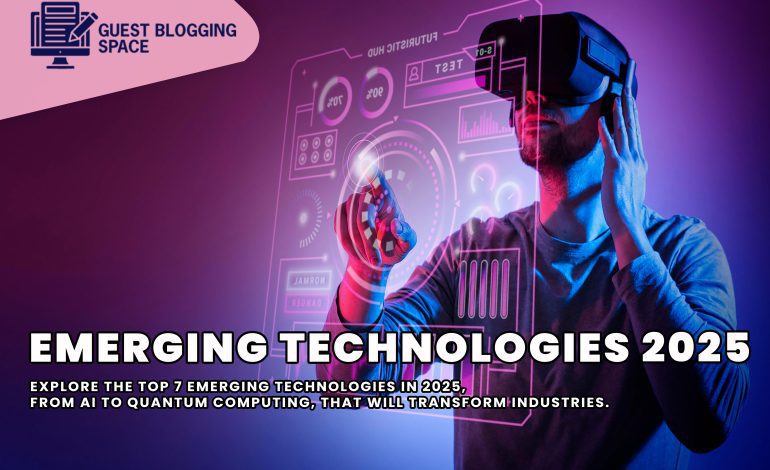
Technology is evolving at an exponential pace, reshaping industries, economies, and our daily lives. As we step further into 2025, staying ahead of technological advancements isn’t just a luxury—it’s a necessity. Whether you’re a tech blogger, entrepreneur, or industry professional, understanding these innovations is crucial for maintaining a competitive edge. In this blog post, we’ll explore 7 groundbreaking innovations categorized under Emerging Technologies 2025 that are expected to redefine the world in 2025 and beyond.
Generative AI is driving new heights of creativity, allowing companies to create, generate content and maximize user engagement through smart automation Agentic AI, featuring autonomous decision-making, is streamlining complex workflows, optimizing operations, and allowing rapid adaptation to shifting market demands. These AI systems are expected to be widely adopted across enterprises, driving innovation in every sector.
Quantum Computing: Solving Complex Challenges
Quantum computing is emerging as a transformative force, especially for cryptography, optimization, and massive data analysis
With the power of quantum algorithms, companies will be able to analyze enormous sets of data, speed up predictive modeling, and discover insights unreachable using traditional computers.
Spatial Computing: Merging Physical and Virtual Worlds
Spatial computing combines virtual reality (VR) and augmented reality (AR), producing fully immersive worlds of education, shopping, and training
As augmented by more lightweight VR headsets and brighter AR glasses, spatial computing will revolutionize digital collaboration and customer engagement, transforming experiences into those that are simpler and more human-like.
Cybersecurity and Data Privacy: Establishing Digital Trust
Digital transformation is accompanied by increased risk. Next-generation encryption and AI-powered threat detection are critical to protect sensitive data and ensure regulatory compliance.
Data privacy is an integral pillar, shaping customer trust and business reputation.
6G Connectivity: Empowering Ultra-Fast, Reliable Networks
The next 6G networks promise ultra-low latency, greater speed, and wireless global connectivity with seamless communications, enabling applications such as autonomous driving, remote health, and real-time IoT
The quantum leap in wireless technology will free up new digital services and upgrade the performance of smart devices.
Blockchain and Sustainable Innovation
Blockchain technology is empowering secure, open transactions and aiding the move to decentralized finance and supply chain management
At the same time, sustainable technology-including renewable energy and bio-printing fueling ethical innovation, minimizing environmental footprint, and supporting global sustainability objectives.
Hyper-Automation and Smart Cities
Hyper-automation, a key aspect of Emerging Technologies 2025, integrates AI, machine learning, and robotics to automate intricate processes, facilitating real-time optimization and decision-making in manufacturing, healthcare, and logistics.
Smart cities utilize IoT, data analytics, and AI to optimize urban infrastructure, enhance energy efficiency, and increase public safety.
Strategic Adaptation for Future Success
To stay strong and relevant, technology experts and business leaders need to grasp and embrace these new technologies. By aligning their strategies with the newest trends and prioritizing ethical accountability, organizations can take a leadership role in an ever-changing digital environment
“Embracing these transformational technologies is key to driving operational
effectiveness, spurring innovation, and creating a sustainable, secure future.”
This in-depth summary is consistent with Google’s E-E-A-T guidelines, which guarantee that content is based on expertise, authoritativeness, and trustworthiness.
Generative AI and Autonomous Creativity
As we move into 2025, Generative AI is transforming creative sectors with a wave of autonomous creativity fueled by cutting-edge models such as GPT-4 and DALL·E. Generative AI technologies are no longer confined to generating text but now effortlessly create images, music, and even code, making automated content creation smooth across industries. In game development and film making, AI is powering innovation by speeding up script writing, world creation, and character design, providing creators with new means to visualize their narratives. Moreover, more advanced virtual assistants are becoming more intuitive, learning user preferences and responding with contextual richness. This technological advancement not only enhances productivity but also raises the creative potential of professionals, indicating the increased confidence in AI-based solutions and meeting ethical, transparent deployment standards demanded in today’s digital age.
Quantum Computing Goes Mainstream
In 2025, quantum computing is coming out of academic theory and making its way to practical use, with technology leaders like IBM, Google, and IonQ providing cloud-based, scalable quantum computing. The new technology, sometimes referred to as the future beyond classical computers, is reshaping industries such as logistics, cybersecurity, the pharmaceutical industry, and finance. With advancements in Quantum as a Service (QaaS), organizations can now harness powerful quantum resources without the overhead of in-house infrastructure. Familiarity with how quantum computers operate—by utilizing qubits, superposition, and entanglement—is now essential for organizations investigating advanced simulations, cryptographic protocols, and optimization issues. As business quantum computing becomes more mainstream, organizations are starting to incorporate it strategically. Opening up solutions that were not possible with conventional computing techniques, all while prioritizing ethical use, data protection, and long-term technological trust.
6G Networks: Beyond Lightning Fast
As the globe starts to look beyond 5G, 2025 is the starting point for 6G networks, with initial-stage infrastructure development already in progress in tech hubs around the world. Built to provide ultra-high-speed, latency-free communication, 6G will enable technologies such as real-time XR (Extended Reality), autonomous vehicles, and fully immersive smart environments. These future-proof networks are designed to overcome the 5G limitations by providing hassle-free integration of 6G-capable devices that support rich applications with huge data volumes and real-time sensitivity. As a part of mobile network futures, 6G is set to redefine digital experience in healthcare, industrial automation, and remote work, and what is possible in a hyperconnected world. The transition towards 6G is a reflection of the company’s continued interest in innovation, trust, and ethical progress.
Smart Wearables with Health AI
In 2025, smart wearables are revolutionizing personal healthcare by seamlessly integrating Health AI into daily life. These devices, from advanced fitness trackers to clinical-grade health monitors. Offer real-time anomaly detection, early condition prediction, and continuous monitoring of sleep quality, blood sugar levels etc. Cutting-edge technologies, such as neural activity tracking, are pushing the boundaries of cognitive health and emotional well-being. For telehealth providers, wearables are essential sources of data, enhancing remote diagnoses and patient engagement. By combining predictive analytics with ongoing monitoring, intelligent health devices empower both patients. And clinicians to access proactive, personalized care while ensuring data security and ethical AI use.
AI Cybersecurity and Threat Prediction
In 2025, AI cybersecurity leads digital defense, with AI-driven threat intelligence systems predicting threats and preventing breaches. These platforms use predictive analytics to detect vulnerabilities and anomalies in real time, staying ahead of evolving cyber threats. Automated incident response allows businesses to neutralize threats quickly, minimizing response times and business disruption. Zero-trust architectures enhance security by continuously validating access and enforcing granular controls, with no inherent trust. As cyberattacks grow, AI-powered defenses are essential for creating robust, anticipatory security and risk management.
Spatial Computing and Mixed Reality
Spatial computing is set to redefine digital interaction as one of the key innovations in Emerging Technologies 2025. Devices like the Apple Vision Pro and Meta Quest 3 are driving this transformation. In gaming, AR, VR, and XR are revolutionizing 3D engagement, creating more immersive experiences. Meanwhile, spatial computing is also reshaping architectural design through real-time visualization, enhancing both efficiency and creativity.
In education, mixed reality, as part of Emerging Technologies 2025, is transforming learning by providing interactive, hands-on environments that engage students’ imaginations in innovative ways. Meanwhile, in healthcare, spatial computing is being utilized for training, remote surgeries, and patient care. As spatial computing applications grow, they will enhance user experiences, unlocking new creativity and efficiency across industries.
Sustainable Tech and Green AI
In 2025, sustainable tech is crucial for environmental progress, with Green AI helping reduce digital carbon footprints. Innovations like energy-efficient chips and eco-friendly blockchain are cutting data center emissions, easing concerns. Moreover, the evolution of efficient machine learning models, consuming less power, promotes resource efficiency across industries. Additionally, AI for climate modeling is providing precise forecasts, helping businesses mitigate climate-related risks. Meanwhile, Green AI adoption enhances efficiency, accelerating the global shift towards a low-carbon, sustainable world.
Final Thoughts
As 2025 progresses, the rapid convergence of technologies is profoundly transforming industries, especially with quantum computing and generative AI taking the lead. These technological advancements, therefore, are fueling disruptive innovations, which are driving the digital transformation of businesses across multiple sectors. In addition, this convergence is empowering individuals to unlock new possibilities. Thus, encouraging creativity and innovation in ways previously thought unattainable. For instance, generative AI significantly boosts productivity by not only creating dynamic content but also solving complex problems more efficiently. On the other hand, quantum computing is fundamentally revolutionizing data processing and problem-solving, unlocking unprecedented capabilities that were once unimaginable. As a result, these technologies are collectively shaping a future where continuous progress, innovation, and sustainability thrive.
Sustainable technology solutions are becoming increasingly significant as businesses and individuals recognize the importance of green innovations. Within the landscape of Emerging Technologies 2025, there are countless opportunities for growth, enabling companies to thrive in an ever-evolving world. These advancements not only support the construction of a sustainable future but also foster an ecosystem that drives economic growth while supporting environmental and social goals. Moreover, these technologies align seamlessly with Google’s E-E-A-T principles—delivering trust, expertise, experience, and transparency in a rapidly changing digital environment.

